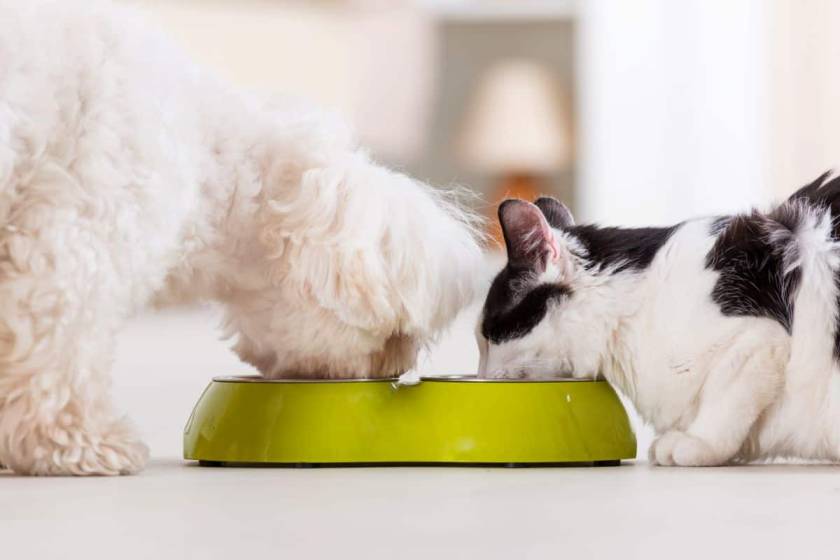Don’t you love those sunny days at the beach? The sun shining down on the sand, and water from the sea gently rolling in make you feel so good!
Connect with a verified veterinarian in minutes. Licensed vets are available 24/7 to answer your questions. No need to worry about your furry family member.
Do you sometimes take your dog to the beach, too? Then you’ll want to read on about the danger sand can pose to dogs. While rare, there are several incidents each year of dogs eating/swallowing sand. It can lead to a dog becoming extremely sick, or even death.
What Happens When Dogs Eat Sand
Dogs usually don’t eat sand just to eat it. Most of the time they may accidentally swallow sand when playing on the beach or rushing after toys thrown in the water. When the dog picks up the toy, he may also grab some sand. This may only be a little bit; however when this happens several times during the day, the sand can add up.
Another way dogs may accidentally swallow sand is by digging in the sand, going after critters that live in the sand. Sand can also be swallowed just by licking sandy paws.
Over the day or several visits, sand can be trapped in the dog’s digestive tract. Eventually this may lead to an intestinal blockage. This is because the sand’s heavy, which can lead it to compact. If this happens, the sand can completely shut down the dog’s digestive tract, so nothing can pass.
Symptoms of Intestinal Blockage in Dogs
Here are some symptoms you may notice if your dog has an intestinal blockage from sand:
- Lethargy
- Lack of appetite
- Panting
- Dehydration
- Vomiting
- Diarrhea
- Constipation
- Abdominal bloating & pain
- Drooling
- Burping
If your dog is showing any of these symptoms, then it’s time to call the vet. This is a life-threatening medical emergency. Your dog needs prompt medical care.

Review symptoms, medications & behavior to keep your pets healthy with a Vet Online in just minutes.
Ask a Vet Live NowTreatment of Intestinal Blockage
At the vet’s, your fur baby will have a physical exam, and some tests that may include lab work, x-rays & ultrasound, and more. Your dog may also be given fluids to help with dehydration.
When it comes to treatment, the vet may first try intense hydration to help the dog’s system to pass the sand. This can be very uncomfortable, so your canine companion may need to spend some time in the hospital. Plus, he will need to be monitor for worsening symptoms.
Another option is the vet will perform surgery to remove the sand from your dog’s system. The surgery may not remove all the sand, so your dog may need to continue some form of treatment to him pass the sand. It can take weeks to get rid of the sand completely.
In most cases, with prompt treatment, dogs will go back to being themselves again!
Connect with a verified veterinarian in minutes. Licensed vets are available 24/7 to answer your questions. No need to worry about your furry family member.

Julie
Julie is a graduate of the University of North Carolina, Wilmington, where she studied Animal science. Though contrary to the opinion of her parents she was meant to study pharmacy, but she was in love with animals especially cats. Julie currently works in an animal research institute (NGO) in California and loves spending quality time with her little cat. She has the passion for making research about animals, how they survive, their way of life among others and publishes it. Julie is also happily married with two kids.
Review symptoms, medications & behavior to keep your pets healthy with a Vet Online in just minutes.
Ask a Vet Live Now




